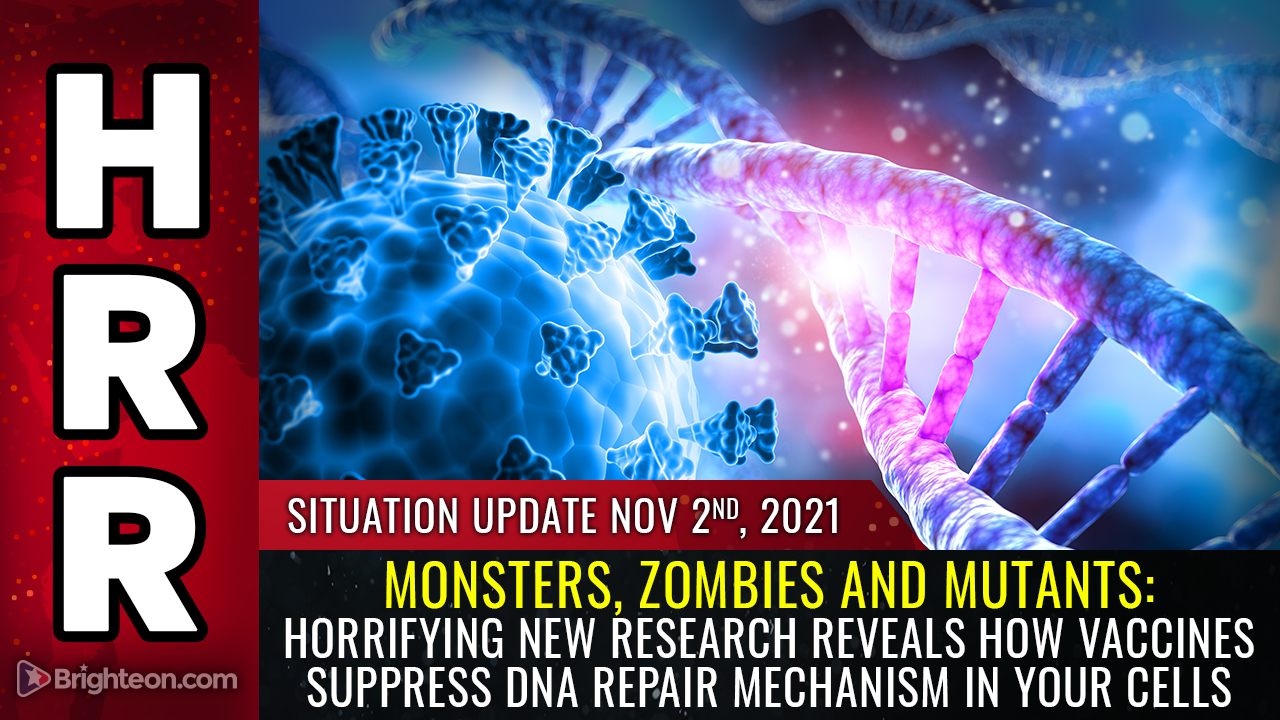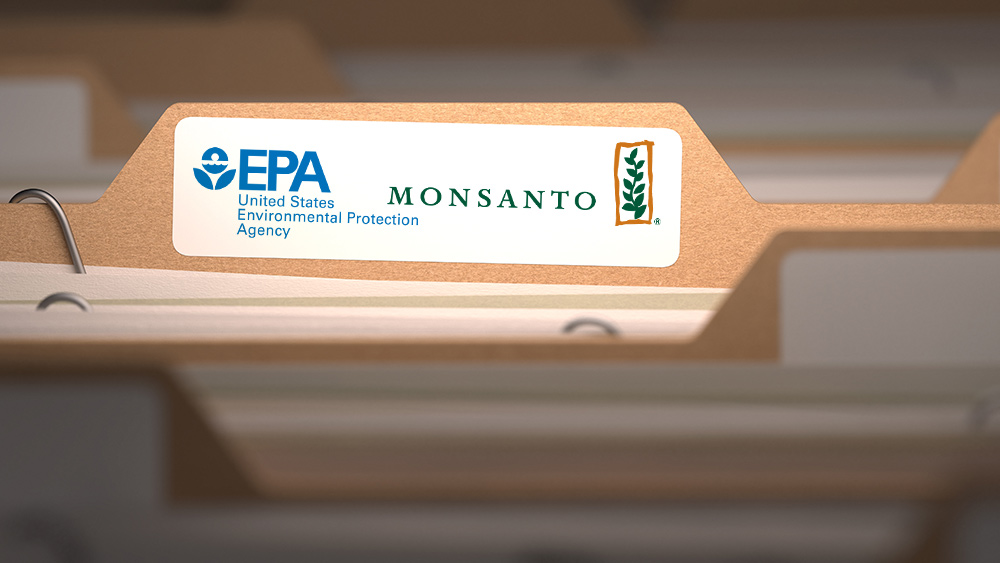Why is eating large amounts of processed meat bad for your health? It comes down to the toxic additives and preservatives
08/10/2021 / By Evangelyn Rodriguez

The lean component of red meat is an excellent source of essential nutrients. According to a study published in the journal Nutrition & Dietetics, you can get vitamins B2, B3, B5, B6 and B12 from red meat, as well as minerals like iron, phosphorus, selenium and zinc. The lean component of red meat is also a great source of protein and omega-3 fatty acids, which offer significant benefits for your heart and brain. In addition, phytochemical analysis reveals that it is rich in endogenous antioxidants and bioactive components like taurine, carnitine, glutathione and creatine that support overall health.
But despite all of these nutritional benefits, eating large amounts of red meat is still considered unhealthy. This prompted a team of Spanish researchers to investigate why frequent consumption of red meat increases health risks. In their report, which appeared in the journal Food Science and Human Wellness, the researchers attributed its negative effects to the presence of “substances of safety concern” in various meat products. These harmful chemicals are linked to certain food additives and are generated when red meats are subjected to various types of processing.
The dangerous chemicals in red and processed meats
According to numerous studies, there is a clear link between high intake of red and processed meats and an increased risk for heart disease, diabetes, cancer and premature death. Among these negative consequences, cancer is the most commonly associated with diets that include large portions of meat. (Related: RED MEAT and CANCER – more than just a “correlation”.)
In a 2015 report released by the World Health Organization, the International Agency for Research on Cancer (IARC) classified all kinds of red meat (i.e., beef, veal, pork, lamb, mutton, horse and goat) as Group 2A, or probably carcinogenic to humans, and processed meats (e.g., fried, salted, cured, fermented or smoked) as Group 1, or carcinogenic to humans. The IARC based their classification on limited evidence from epidemiological studies for red meat and sufficient evidence for processed meats.
To further explore existing evidence, the Spanish researchers reviewed studies that focused on the carcinogenic compounds found in meat products and the mechanisms by which they are generated. They listed the following toxic chemicals as substances of safety concern in meats:
- N-nitrosamines — Also called N-nitroso compounds, these carcinogens are formed via the reaction between nitrite, a common food additive, and secondary amines, which are produced when the proteins in meat are degraded during cooking. Studies show that N-nitroso compounds can induce cancer in at least 40 animal species, including humans.
- Polycyclic aromatic hydrocarbons (PAHs) — PAHs are naturally occurring chemicals produced when coal, gas, wood or tobacco are burned. They also form in meats when meats are grilled or charred. According to studies, activated PAHs can induce multiple mutations in cancer genes that could result in tumor formation.
- Heterocyclic aromatic amines (HCAs) — Like PAHs, HCAs are formed when meats are cooked using high temperature methods like pan frying or grilling. When amino acids, sugars, creatine or creatinine are exposed to high heat (above 300 F), they produce HCAs. These carcinogens also cause DNA damage that can lead to the development of breast, colon, liver, skin, lung and prostate tumors.
- Maillard reactions products (MRPs) — The Maillard reaction, also known as non-enzymatic browning, refers to the chemical reaction that occurs when foods are cooked at high temperatures. Studies show that frying meats promotes the formation of an MRP called acrylamide. This compound is broken down inside the body and forms glacidamide, which causes DNA mutations that can damage the nervous system and trigger cancer development.
- Biogenic amines (BAs) — BAs are nitrogen-containing compounds found in fermented meats like sausages. They are produced through the decarboxylation of amino acids by fermentative bacteria. BAs are the precursors to carcinogenic N-nitrosamines; when present at high levels in food, they can cause headaches, nausea, rashes and unwanted changes in blood pressure.
According to the Spanish researchers, knowledge of these substances and their generation routes is important as it facilitates the assessment of the safety of meat products. It could also help food scientists come up with ways to reduce or eliminate the presence of these substances of concern in meats, making them much safer sources of nutrition.
Sources include:
Tagged Under: biogenic amines, carcinogens, clean food watch, food safety, food science, heterocyclic aromatic amines, Maillard reaction products, N-nitrosamines, nitrites, polycyclic aromatic hydrocarbons, processed meat, red meat, research, toxic chemicals
RECENT NEWS & ARTICLES
CancerCriminals.com is a fact-based public education website published by Cancer Criminals Features, LLC.
All content copyright © 2018 by Cancer Criminals Features, LLC.
Contact Us with Tips or Corrections
All trademarks, registered trademarks and servicemarks mentioned on this site are the property of their respective owners.




















